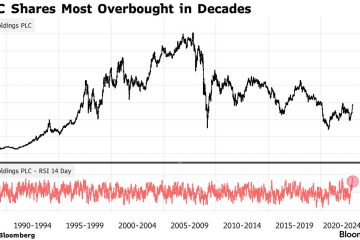Current Trends in the Booz Market: A 2023 Overview

The Significance of the Booz Market
The booz market, encompassing a broad spectrum of alcoholic beverages, has long been a vital component of the global economy. By 2023, the market is projected to reach a staggering value, spurred by changing societal attitudes toward drinking, with increased acceptance of diverse alcoholic options. Understanding these trends is crucial for consumers, producers, and marketers alike as the industry continues to evolve.
Market Growth and Innovation
According to recent reports, the global alcohol market is expected to grow at a compound annual growth rate (CAGR) of 3.1% from 2023 to 2030. Factors driving this growth include a rising number of craft breweries and distilleries, alongside increasing consumer interest in premiumisation—consumers seeking higher-quality products. Additionally, the trend toward health consciousness has led to the development of low-alcohol and functional beverages that promise health benefits, such as reduced sugar and added vitamins.
Changing Consumer Preferences
Today’s consumers are more adventurous than ever, preferring unique experiences over traditional drinking. This shift has encouraged manufacturers to explore innovative flavours and combinations, ranging from exotic fruits to spices, catering to the increasing demand for distinctive and artisanal spirits. The burgeoning interest in sustainability has also led brands to focus on eco-friendly production methods, organic ingredients, and recyclable packaging.
The Social Landscape
As social norms regarding alcohol consumption continue to shift, so does the generated conversation around responsible drinking. Campaigns advocating moderation, such as Dry January and Sober October, highlight a rising awareness of alcohol’s effects on health. Furthermore, non-alcoholic alternatives are gaining ground, with many brands launching sophisticated non-alcoholic beverages, providing options for individuals who prefer to abstain from alcohol without sacrificing flavour or social experiences.
Conclusion: Implications for the Future
The booz market is at a fascinating crossroads, with evolving consumer preferences, technological advancements, and a stronger emphasis on sustainability. Companies that adapt to these trends and maintain an agile approach to product development are likely to succeed in this dynamic marketplace. For consumers, the broadening options provide an opportunity to explore diverse drinking experiences while prioritising personal health and wellbeing.








